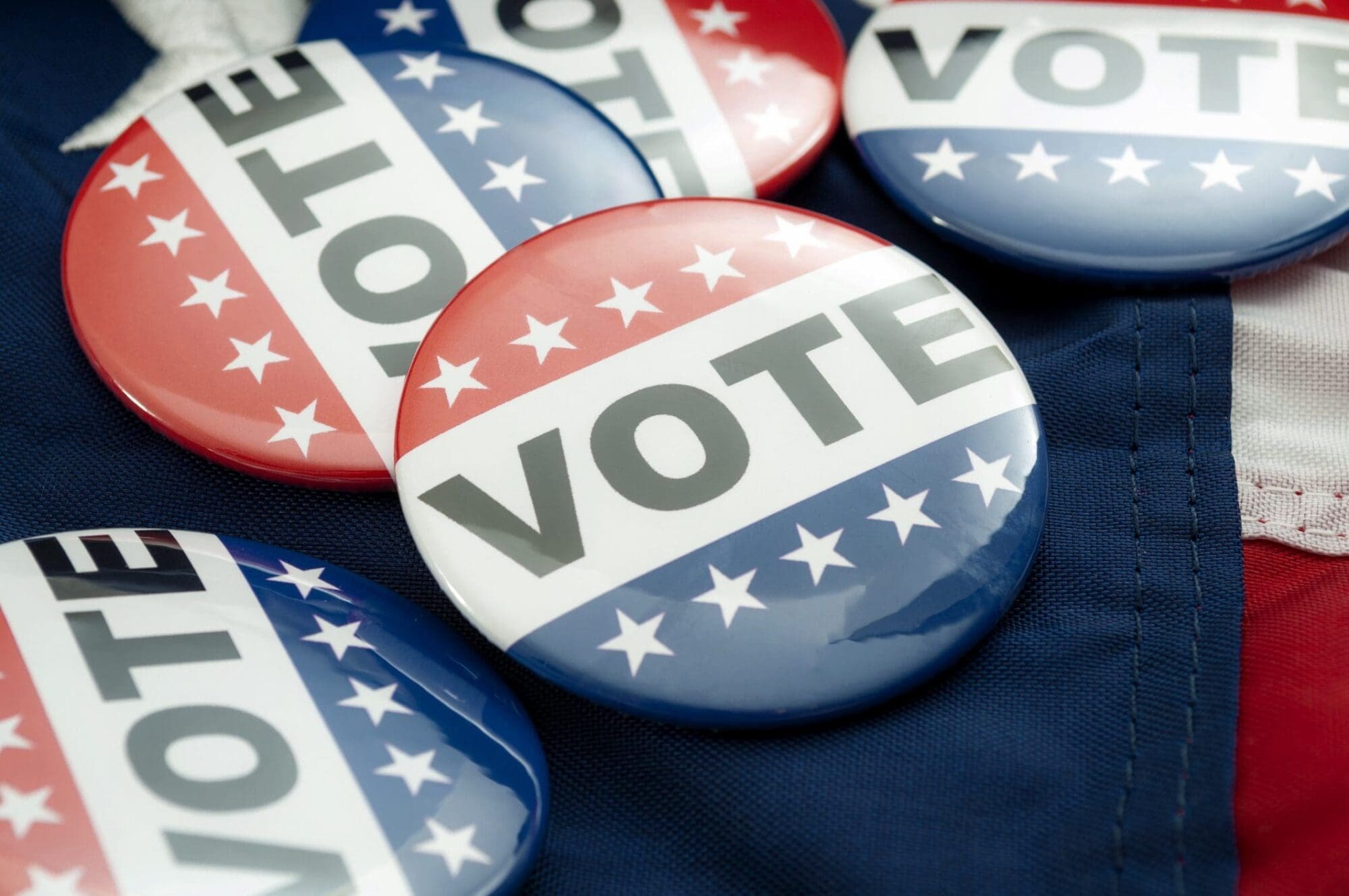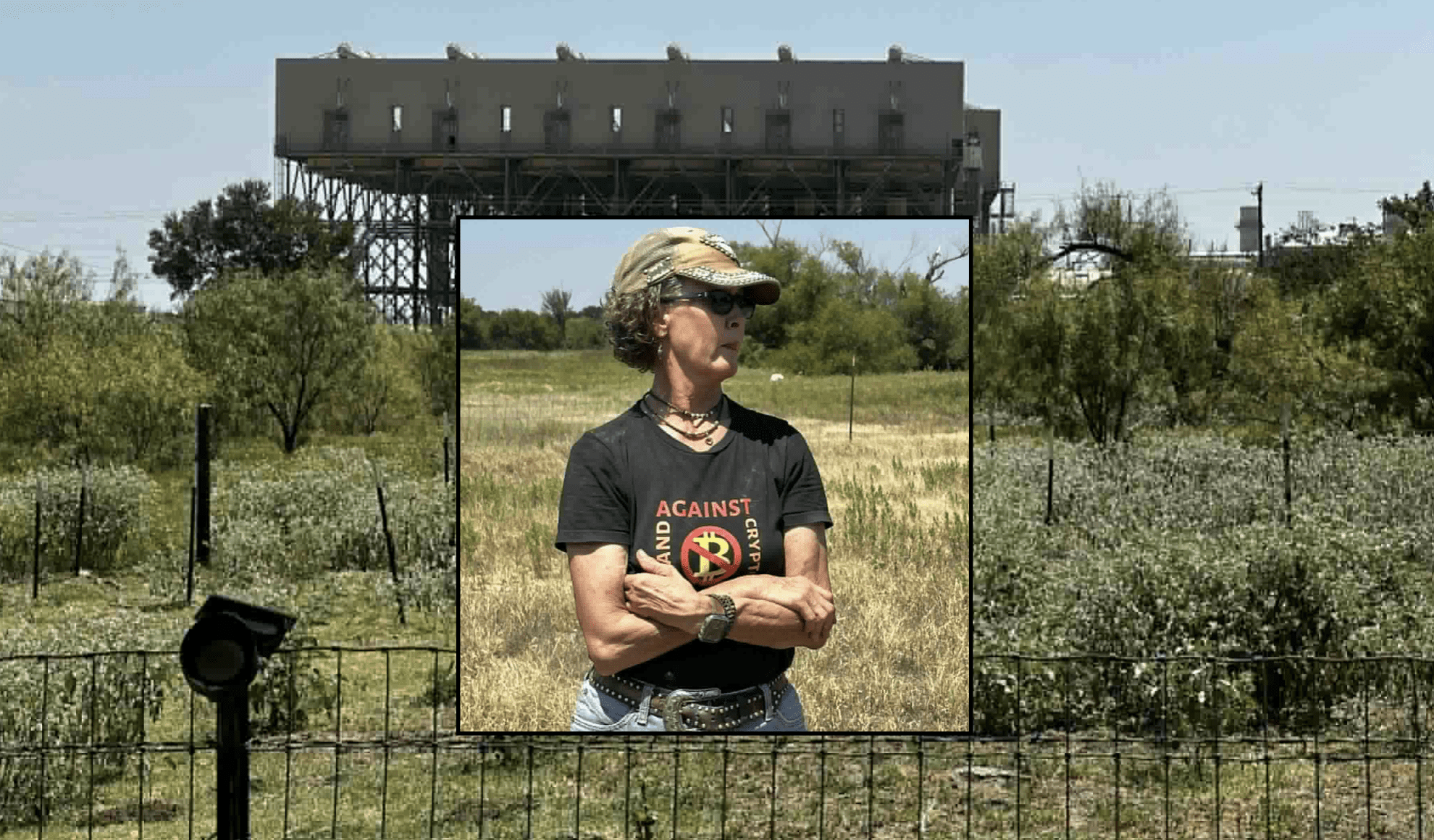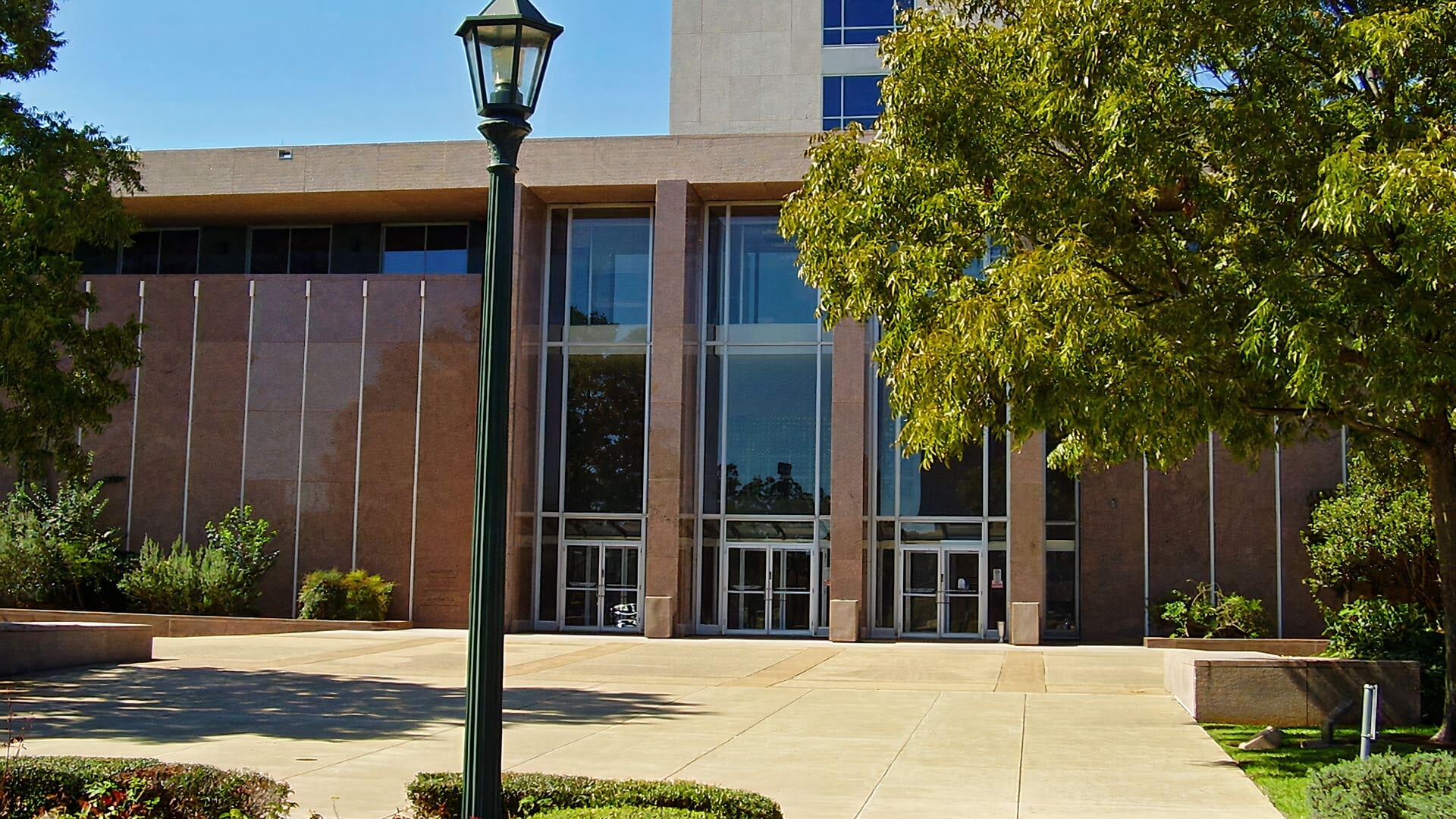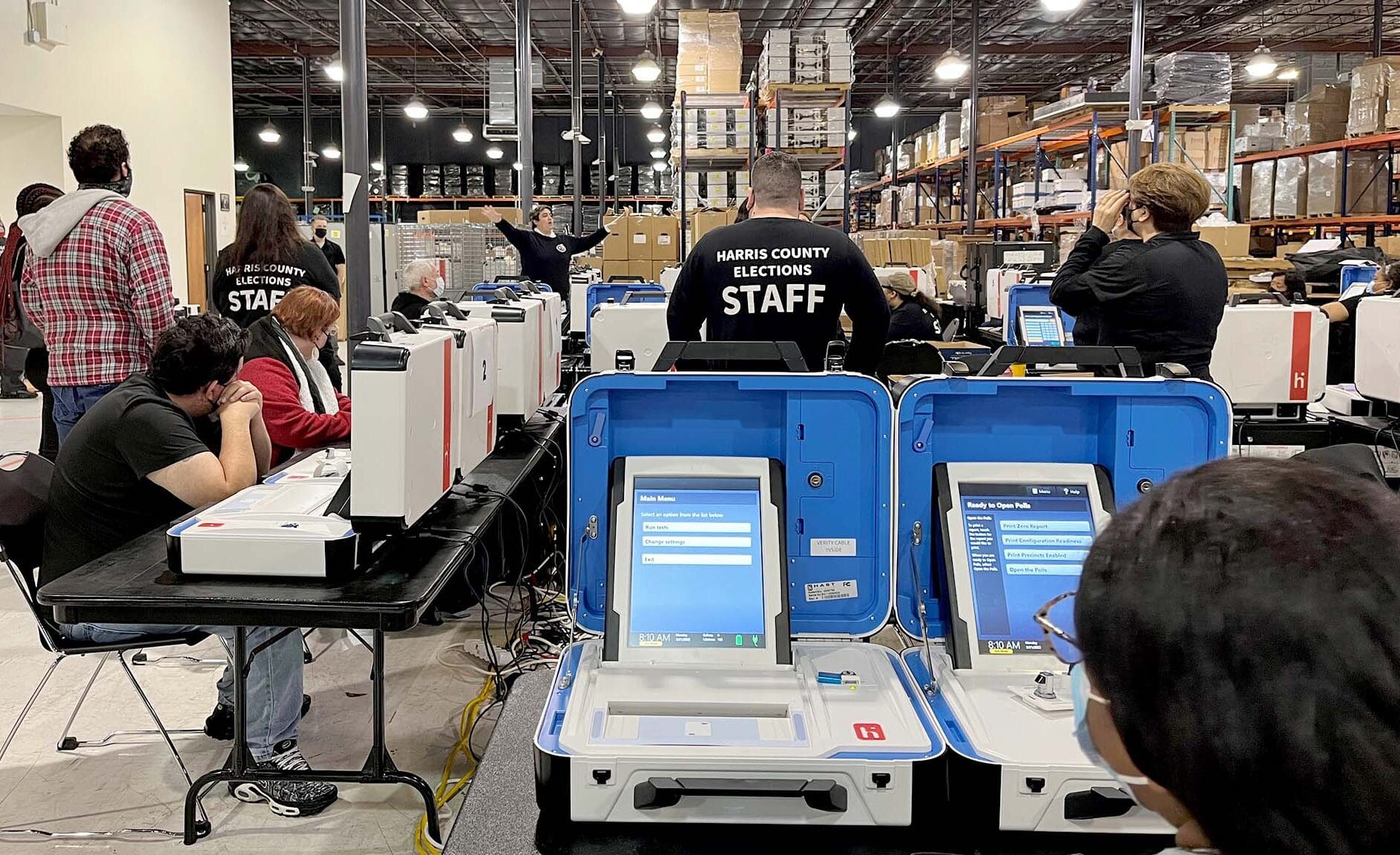A coordinated attack against election integrity is underway in Texas and across the country, led by Democrats and supported by the same special interests who participated in last year’s secretive “shadow campaign” to influence the 2020 election against President Donald Trump.
This time, big corporations have been pushed to the forefront of the Democrat-led alliance of left-wing and “racial justice” activists, labor unions, the business lobby, and anti-Trump Republicans, who are working openly to promote their interests by demonizing GOP-priority voting legislation.
In recent days, dozens of corporate CEOs have joined Democrat politicians in publicly condemning election integrity legislation, mischaracterizing election reforms as “voter suppression.”
Many of these corporations were active in the 2020 shadow campaign through membership in organizations like the Business Roundtable and Civic Alliance. Both groups have issued public statements on protecting voting rights that their members have echoed.
Both groups also issued statements supporting racial equity, diversity, and inclusion in the wake of last summer’s destructive protests by Black Lives Matter and other racial justice activists.
But the anti-election integrity alliance says public statements aren’t enough. Employing a strategy called “activist stewardship,” Democrats’ union-activist allies have organized state treasurers and public pension fund managers to leverage their power as shareholders to coerce more action from corporations.
In Texas, the primary targets of their attacks are Senate Bill 7, comprehensive election reform passed by the Senate April 1 on a party-line vote; and House Bill 6, similar legislation that was the subject of over 17 hours of public testimony on April 1-2 both for and against the measure.
While Texas Democrats are powerless to block the legislation, with help from corporate allies they’re creating negative publicity about the issue to “fire up” Democrat voters.
2020 Shadow Campaign
In February, Time published details of a secret “shadow campaign” to influence the 2020 election, run by “a well-funded cabal of powerful people, ranging across industries and ideologies, working together behind the scenes to influence perceptions, change rules and laws, steer media coverage and control the flow of information.”
The Democrat-led alliance was spearheaded by a top AFL-CIO political strategist and included political operatives, lawyers, lobbyists, labor unions, left-wing activism groups, and racial justice activists like Black Lives Matter, as well as anti-Trump “resistance” members, corporate CEOs, and the Chamber of Commerce.
According to Time, the campaign “helped secure hundreds of millions in public and private funding” (including $400 million from Facebook founder Mark Zuckerberg that mostly benefited Democrat-dominated areas), “got states to change voting systems and laws” to match Democrat-preferred policies like expanded use of voting by mail, and “pressured social media companies” Facebook and Twitter to suppress anything about the presidential election they considered “disinformation.”
The alliance of left-wing activists, union bosses, and big corporations—formed in part to curtail violent racial-justice protests and coordinate resistance to Trump—is still intact and continues to promote Democrat policies.
Business Roundtable
During debate on Senate Bill 7, State Sen. Borris Miles (D–Houston) said he was glad the legislation would be challenged in court but added, “I’m more excited about what it’s going to do to fire up my base.”
Business Roundtable members began publicly attacking SB 7 just hours after it passed on April 1. A day earlier, the policy-oriented association, which “exclusively represents chief executive officers of America’s leading companies,” had issued a general statement on voting rights.
Fort Worth-based American Airlines was the first BRT member to attack the bill “and others like it,” claiming it contained “provisions that limit voting access.”
“At American, we believe we should break down barriers to diversity, equity and inclusion in our society – not create them,” the company’s press statement read. But it failed to list anything in SB 7 that would limit Texans’ access to voting or create barriers to inclusion.
Dallas-based AT&T’s CEO soon followed:
We understand that election laws are complicated, not our company’s expertise and ultimately the responsibility of elected officials. But, as a company, we have a responsibility to engage. For this reason, we are working together with other businesses through groups like the Business Roundtable to support efforts to enhance every person’s ability to vote.
The CEO of Dell, headquartered near Austin, is another Texas-based BRT member who publicly opposed the state’s election integrity legislation, claiming HB 6 “does the opposite” of ensuring citizens have their voices heard.
Delta and Coca-Cola CEOs are also part of the Business Roundtable. Their Atlanta-based companies were targeted by Georgia activists urging them to actively oppose similar election reforms passed by their state legislature.
SEIU and Majority Action
The companies were also targeted by out-of-state institutional investors pushing the Democrats’ agenda.
A week before the Business Roundtable issued its voting rights statement, union activists organized several sympathetic government fund managers to pressure the corporations into taking action.
The campaign was spearheaded by Majority Action, a group of former SEIU officials and other left-wing grassroots organizers that “empowers shareholders to hold corporations accountable to high standards” of social responsibility. Their strategy of leveraging shareholders’ power to force companies to adopt leftist social policies is known as “activist stewardship.”
In letters to Delta, Coca-Cola, and several other BRT members dated March 23 and headed with SEIU and Majority Action logos, 19 government officials who invest taxpayer funds—representing significant shareholdings—demanded to know what actions the companies would take to align their “political spending practices” with Democrats’ position on state voting policies:
As State Treasurers or as elected and appointed fiduciaries and trustees of public funds and retirement savings with assets under management of approximately $1 trillion… we are further concerned with the substantial reputational risks [the company] faces through its political spending policies and practices.
Alienating a significant portion of the company’s employees and consumer base by supporting elected officials driving a policy effort that would lead to mass disenfranchisement of voters of color is not a sound or sustainable business strategy… statements alone are unlikely to mitigate the harm of voter disenfranchisement legislation or the reputational risks to the company.
In other words, stop supporting Republicans who back election reforms Democrats don’t like, or else risk losing our investment funds.
Civic Alliance
The Civic Alliance was a major player in the 2020 shadow campaign and continues to be a voice for Democrat-supported causes.
The alliance was co-founded by the Creative Artists Agency Foundation—an arm of one of Hollywood’s top talent agencies that uses pop culture and the power of the entertainment industry to create “systemic social change.” It claims more than a thousand corporate members from a variety of industries including entertainment, media, and sports.
On April 2, the Civic Alliance released a statement on “protecting voting access” signed by more than 200 member corporations—including Major League Baseball:
We stand in solidarity with voters—and with the Black executives and leaders at the helm of this movement—in our nonpartisan commitment to equality and democracy.
The statement said there were “hundreds of bills threatening to make voting more difficult in dozens of states nationwide.”
That same day, MLB’s commissioner announced the league was moving its 2021 All-Star game and draft out of Atlanta to protest new election integrity laws passed by the Georgia Legislature.
The Players Alliance said they supported the decision and oppose Georgia’s legislation because it “disproportionately disenfranchises the Black community.”
Democrats Join In
On Tuesday, Texas Democrat lawmakers got in the game. State Rep. Jessica González (Dallas), who was appointed vice chair of the House Elections Committee, called on MLB’s Texas Rangers to denounce HB 6, SB 7, “and every other voter suppression bill” moving through the Texas Legislature. The letter was signed by her three fellow Democrats on the Elections Committee and a handful of other representatives.
A couple of past Democrat officeholders—former U.S. Rep. Beto O’Rourke of El Paso and one-time HUD Secretary Julian Castro from San Antonio—also weighed in. In a virtual press conference Tuesday hosted by Democrat-aligned activist group MOVE Texas, the two criticized HB 6 and SB 7 as Republican power grabs and “Jim Crow-style voter suppression.”
They called on big corporations to go beyond public statements and take action, including withdrawing financial support from Republican lawmakers who back election reforms.
Local Democrat officials also joined the fray. Harris County Judge Lina Hidalgo and Houston Mayor Sylvester Turner held a press conference Monday, calling the election reform bills “Jim Crow 2.0” and asking major corporations to “take a stand” against the legislation.
“Your influence and dollars can save us from this latest attack on our democracy,” Hidalgo said.
“There is a price when you enact or implement voter suppression laws,” Turner added.
A few current and former Republican lawmakers said they share Democrats’ concerns about corporations’ response to election integrity legislation—among them, former Texas House Speaker Joe Straus, who said in a recent interview he voted for Joe Biden for president.
Republicans Respond
Republican officials in Georgia and Texas have refuted claims their election integrity reforms will limit access to voting and say opponents either haven’t read or have misunderstood the bills’ provisions.
State Rep. Jacey Jetton (R–Sugar Land), who serves on the Texas House Elections Committee, said Tuesday much of the criticism of HB 6 is based on misinformation and issues not discussed in this bill.
“House Bill 6 does not impact your ability to vote, but instead protects your vote from theft and fraud,” Jetton said.
Texas House Speaker Dade Phelan said Wednesday he supports Cain’s election reforms and believes corporations are responding to a “national discussion,” not the specifics of Texas’ proposed legislation. Phelan said he wants businesses operating in Texas, and he plans to talk with CEOs who have criticized the bill and ask them to “show me where there is voter suppression in House Bill 6.”
“Senate Bill 7 is about voter security, not voter suppression,” said Texas Lt. Gov. Dan Patrick, who came out swinging against complaints from Democrats and their corporate allies during a press conference Tuesday.
“No matter what Republicans support, Democrats shout racism,” Patrick said, noting that voter turnout in Texas has increased under Republican leadership. “We’ve heard it all before.”
Patrick said the bill is needed because Americans no longer trust the system. He also said the bill doesn’t “repeal” drive-thru voting, 24-hour voting, or mass-distributing unsolicited mail ballot applications, because they never existed before Democrat county officials made them up in 2020. The makeshift procedures were implemented temporarily during COVID, but Democrats now want to make them permanent.
“Corporate America does not run this country,” he added, saying he represents Texas voters, not the CEOs of companies like American Airlines.
Election integrity is a top legislative priority of the Texas GOP and the only one also declared an emergency item by Republican Gov. Greg Abbott, who said last month he is ready to sign “robust” election reform bills sent to his desk by the Republican-controlled Legislature.
In a move signaling continued support for election integrity bills working their way through the Texas Legislature, Abbott declined an invitation to throw the opening pitch at Monday’s Texas Rangers game, citing MLB’s “false narrative about Georgia’s election law reforms.”
Advocates must wait to see if he will use his influence within the Legislature to make sure the bills get to his desk, despite public attacks from Democrats and their corporate allies.
Only 53 days remain the regular session for these and other bills to make it through the legislative process.
Details about bills, along with resources to help citizens participate in the legislative process, are available at Texas Legislature Online. Contact information for elected officials can be found at Texas Directory.





